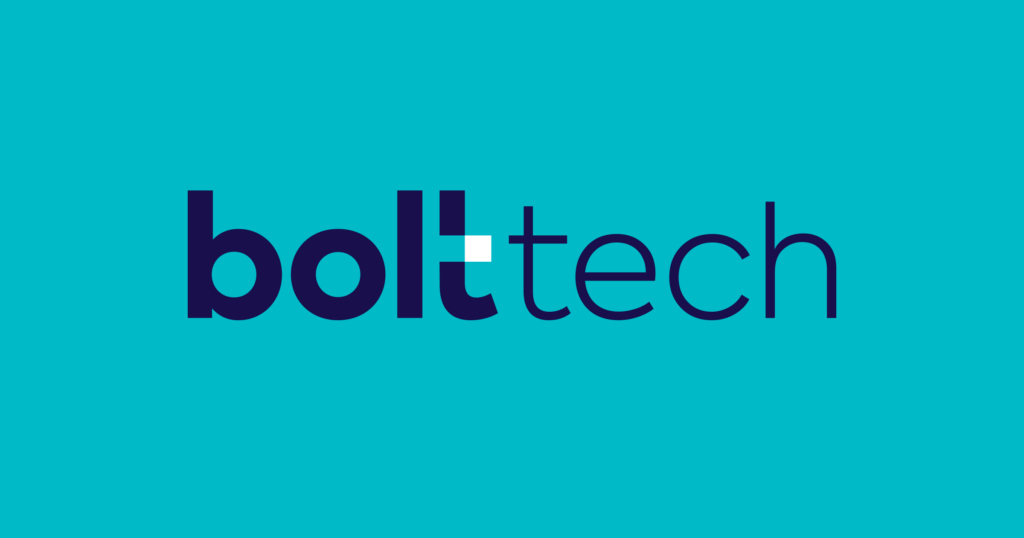How Tech Can Address Attrition in Insurance Workforces and Institutional Knowledge

Retirements and resignations are whittling away at institutional knowledge for insurers. As people leave their jobs or leave the workforce entirely, they take with them not only technical skills and professional knowledge, but also an understanding of how to engage with the processes and workflows of their employer’s organization.
For insurers, the loss of this knowledge can disrupt day-to-day work. Insurers that use technological tools to fortify and update their processes can minimize these disruptions while providing added benefits to their staff, agents and customers.
We’re Losing Institutional Knowledge
The insurance industry expects to see growth in the coming year, and its leadership views hiring plans accordingly: 56 percent of insurance companies expect to increase the size of their workforce in 2022, according to a study by The Jacobson Group.
With so many workers resigning, retiring and changing jobs, insurers looking to expand face a challenge in finding the right people. Insurers who don’t plan to expand face that challenge as well: Approximately 37 percent of insurers expect to maintain their staffing levels through 2022, yet also face increased turnover.
“We’re seeing a lot of movement within the insurance industry, as professionals reevaluate their current roles and consider new opportunities,” says Gregory P. Jacobson, CEO at executive recruiting firm The Jacobson Group.
Addressing this reshuffling workforce requires more than merely finding the right people for available roles. It also requires insurers to address the fact that when existing staff members leave, they take with them years of knowledge, experience and familiarity with the workings of the company itself.
The greatest increase in resignation rates so far has appeared among mid-career workers, those ages 30 to 45, writes Ian Cook, vice president of workforce solutions at Visier, a cloud-based analytics application. Increased demand for workers with institutional knowledge, especially in an era dominated by remote work, has created additional opportunities for mid-level workers to change jobs or careers, Cook writes.
Institutional knowledge can be especially valuable for remote workers. When staff don’t work in the same physical office, they have fewer opportunities to ask questions or observe how their coworkers handle certain tasks or problems. Instead, remote workers fall back on what they already know about how to do their work in the context of the organization as a whole. When workers leave their employer, they take this knowledge with them.

Using Technology To Bridge the Knowledge/Process Gap
Institutional knowledge is “the collective information an organization and its people possess,” writes Linde Loes Vergroesen, head of customer success at collaborative learning platform EduFlow. It includes both technical knowledge preserved in reports and records and contextual or cultural knowledge preserved in the day-to-day operations of the organization and the relationships staff members develop with one another.
“Institutional knowledge makes teams better informed and equipped to do their job, translating into financial and efficiency benefits for organizations,” writes Vergroesen.
Lack of access to institutional knowledge costs companies billions of dollars a year. One Panopto and YouGov joint study found that 60 percent of employees found it difficult to impossible to get the information they needed to do their jobs. On average, workers spend 5.3 hours a week simply waiting for information. When the necessary knowledge or information leaves the organization with every resigning or retiring worker, the impacts can be even more onerous.
Insurers don’t have to rely solely on their existing employees to preserve institutional knowledge, however. Technology offers a way to preserve this information and bridge the gap between what new workers know and what they need to know in order to perform their jobs effectively within the insurance organization.
Other industries are already discovering the benefits of automation technology to preserve institutional knowledge and support workers’ efforts. In law, for instance, some law firms and legal departments have automated certain processes. Automation allows these organizations “to swiftly and easily implement processes in response to the pandemic,” such as monitoring the work of remote staff and tracking progress on key metrics, according to workplace solutions provider Mitratech. These tools can even help with job satisfaction and retention by managing routine tasks automatically, freeing staff to focus on more complex and engaging problems.

Supporting Skills-Building in the Insurance Workforce
Maintaining and updating institutional knowledge is also a matter of focusing on the staff that stay, write HumanityWorks cofounders Debbie Cohen and Kate Roeske-Zummer. Here, it’s important to keep staff engaged with the organization and communicate the value of their work.
It’s also important to help existing staff and new hires alike build the technology skills they need to enhance their work. One way to do this is to leverage technology to preserve and teach institutional knowledge, writes Nick Santaniello at learning platform Northpass.
Technological tools for preserving institutional knowledge, such as online platforms, give workers the ability to learn processes and workflows remotely. They also allow for learning on staff member’s own schedules and at their own pace.
The goal of a technology-based learning program isn’t simply to preserve the institutional knowledge that otherwise walks out the door with retiring or resigning employees, notes Santaniello. It’s also to ensure that current and future staff members benefit from that knowledge by accessing and learning from the stored content.
A tech-supported institutional knowledge preservation and teaching program can help supervisors lead their teams more effectively too. Teams that have access to institutional knowledge can better understand how their work fits into the organization as a whole, allowing them to better understand the reason for certain feedback from leaders.
Tech-supported skill-building is especially valuable for cultivating remote staff members. “The expansion beyond brick-and-mortar operations essentially nullifies many former practices for identifying and nurturing talent, and ‘management by walking around’ just doesn’t work anymore,” writes Kon Leong, CEO and cofounder at information governance provider ZL Technologies. Instead, insurers can use technology to support the dissemination of institutional knowledge to cultivate talent and build teams.
Finally, using technology to impart institutional knowledge can help insurance leaders better understand how to define roles and assign tasks within teams and departments. “Understanding knowledge means we can distinguish where we want machines to do the mundane work and where we want humans to perform intuitive tasks,” writes James Lin, chief product and technology officer at knowledge curation platform Lynk.
Distinguishing between tasks technology can do and tasks human staff must do is essential because human knowledge, thought and problem-solving are expected to be among the most in-demand skills in the coming decade, writes Lin. Insurers who forego technological means of automating tasks and sharing institutional knowledge won’t eliminate these tasks. Instead, these insurers will leave staff no choice but to spend their mental energies on gathering information and doing simple, routine steps again and again, instead of focusing their attention on more complex, high-value work.
The Great Resignation, whether in the form of retirement or job changes, undermines insurers’ ability to rely on their human staff to maintain institutional knowledge. The right technology can preserve and disseminate this knowledge, however. It can also automate high-volume tasks and perform other work that allows staff members to focus on more complex questions.
Images by: fizkes/©123RF.com, dolgachov/©123RF.com, boggy22/©123RF.com
Further Reading
Featured
 18 June 2024
18 June 2024
 15 August 2024
15 August 2024
 1 July 2024
1 July 2024
